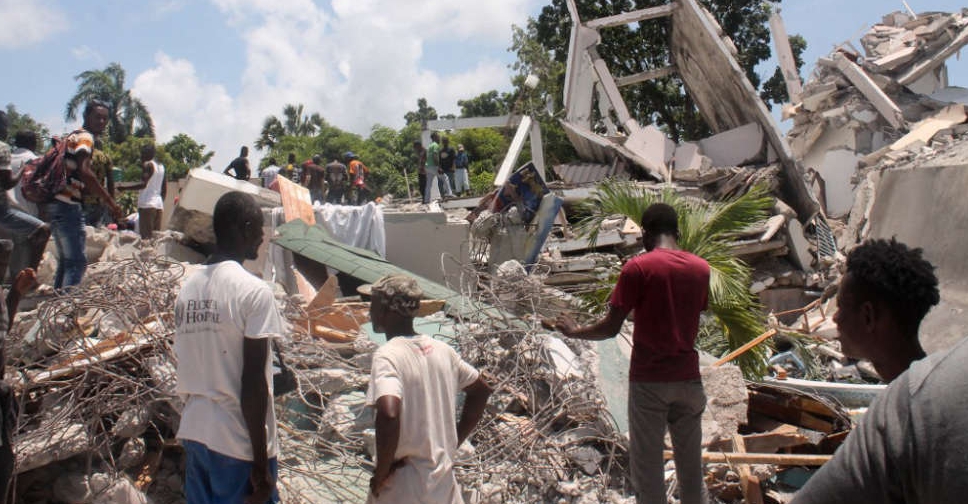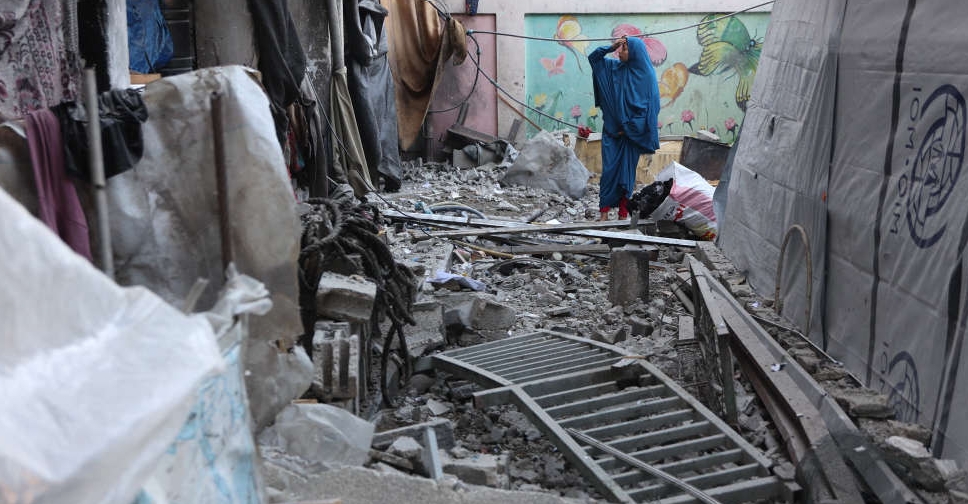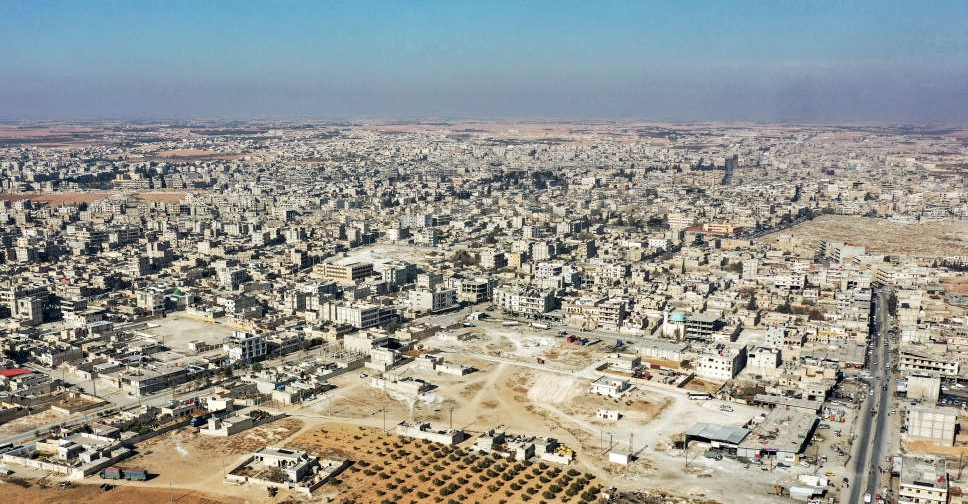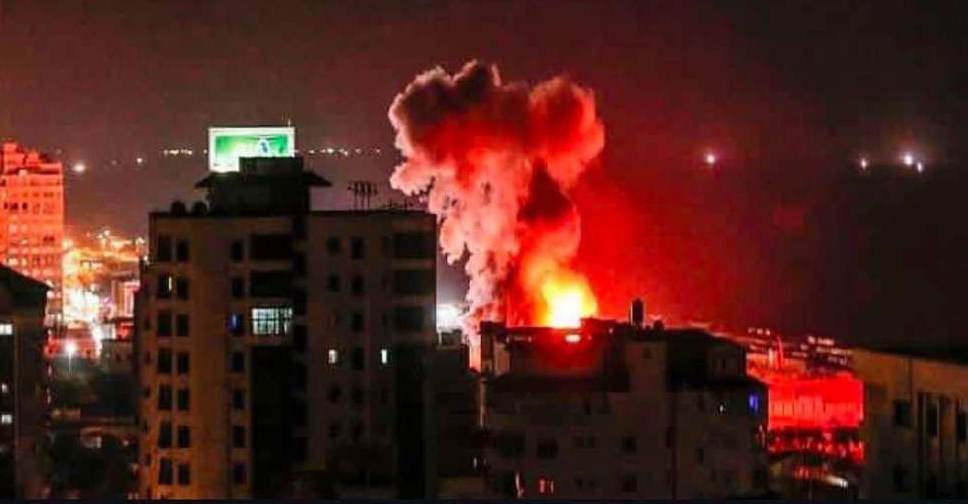
At least 304 people died and hundreds were injured after a major earthquake struck southwestern Haiti, reducing churches, hotels, schools and homes to rubble in the latest tragedy to hit the Caribbean nation.
The 7.2-magnitude quake, which was followed by a series of aftershocks, struck 8 km from the town of Petit Trou de Nippes, at a depth of 10 km, the United States Geological Survey said.
That made the temblor which was felt as far away as Cuba and Jamaica potentially more severe than the magnitude 7 earthquake 11 years ago that killed tens of thousands on the island.
This one - which occurred around 8:30 am local time - hit farther away from the capital, however. In Port-au-Prince, it was strongly felt but did not appear to have caused major damage, according to Reuters witnesses.
Still, Haiti's Civil Protection service said the preliminary death toll stood at 304, with at least 1,800 injured and more people unaccounted for. Preliminary rescue operations by emergency teams and ordinary citizens had enabled many people to already be recovered from the debris.
At least 949 homes, seven churches, two hotels and three schools had been destroyed, it said. A further 723 homes, one prison, three health centres and seven schools had been damaged although there was no major damage to port, airport or telecoms infrastructure.
The area shuddered again late on Saturday when a 5.8 magnitude aftershock hit, the US Geological Survey (USGS) said. It was not immediately clear what impact it caused.
Prime Minister Ariel Henry, who flew over the region to survey the damage, declared a month-long state of emergency.
The nearest big town was Les Cayes, where many buildings collapsed or suffered major damage, authorities said.
Videos posted to social media showed citizens pulling others from debris and crowds of people waiting for medical attention at overwhelmed hospitals.
USGS said a significant amount of the population was at risk of landslides, with road obstructions likely. Haiti's Civil Protection service said a landslide had blocked the highway between Les Cayes and the town of Jeremie.
Likely to complicate relief efforts is the fact Haiti is now in the probable track of Tropical Storm Grace, which could bring heavy rains and winds early next week.
Also, access by road to the southern region, where the quake struck, has been restricted by gang control of key areas although Henry said police would accompany any convoys going to the south.
'NEVER A BREAK'
The earthquake comes just over a month after the assassination of President Jovenel Moise, who had been ruling by decree, which deepened the country's political turmoil.
Meanwhile, swaths of Haiti are facing growing hunger and healthcare services are already overwhelmed by COVID-19.
That region had only recently recovered from Hurricane Matthew, which struck in 2016, killing hundreds and causing widespread devastation.
US President Joe Biden said he had authorised an immediate US response and named Samantha Power, administrator of the US Agency for International Development, coordinator of the effort.
Mexican President Andres Manuel Lopez Obrador also said he was ordering the government to prepare immediate relief.




 Israeli strikes kill 17 Palestinians in Gaza
Israeli strikes kill 17 Palestinians in Gaza
 Five SDF fighters killed in strikes by Turkish-backed forces
Five SDF fighters killed in strikes by Turkish-backed forces
 US conducts airstrikes against Houthi targets in Sanaa
US conducts airstrikes against Houthi targets in Sanaa
 Syria name foreign minister Asaad Hassan al-Shibani
Syria name foreign minister Asaad Hassan al-Shibani

